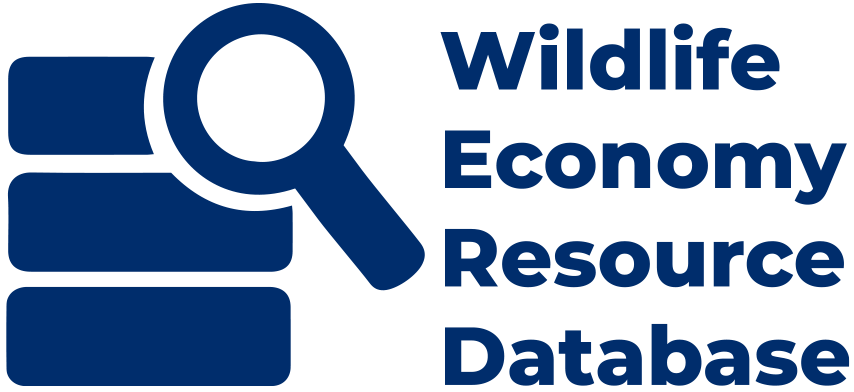Wildlife economy resource database
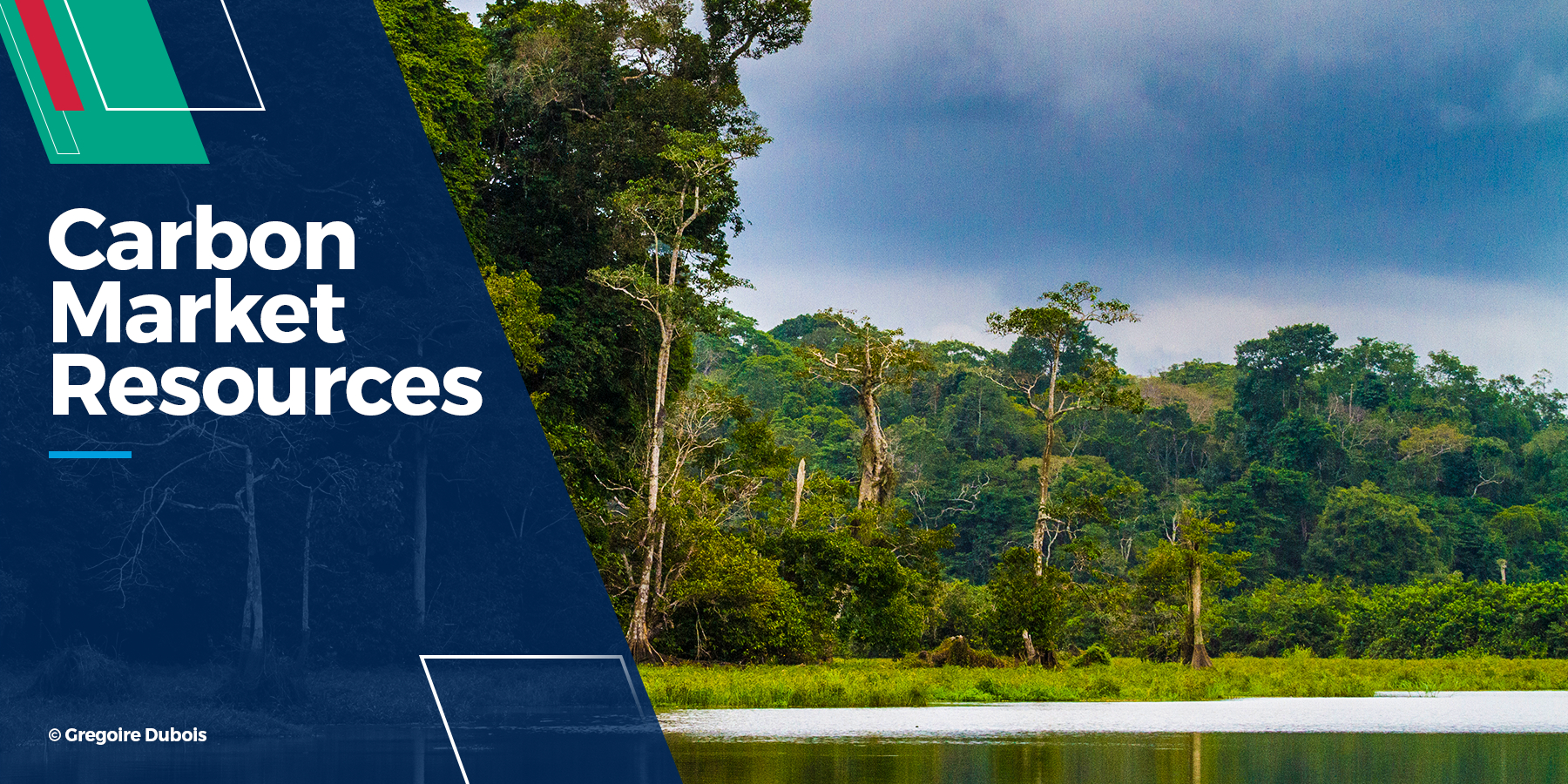
Carbon market
This section includes references on projects that earn income through REDD+ and other mechanisms that sequester carbon, reduce greenhouse gas emissions and conserve/preserve natural systems of carbon.
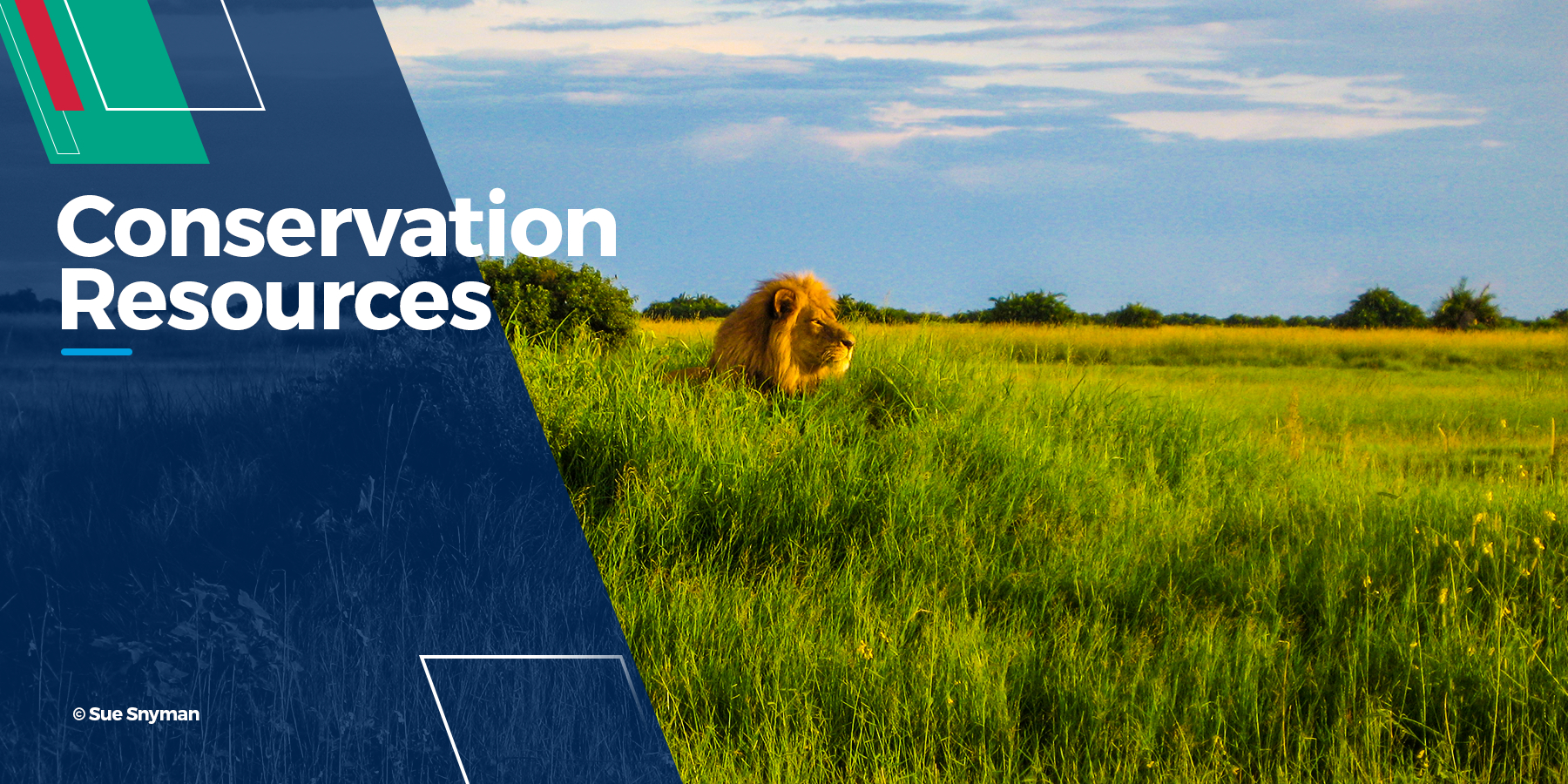
Conservation
This section includes references related to biodiversity conservation in Africa, the state of wildlife (the asset), trends, threats, etc.
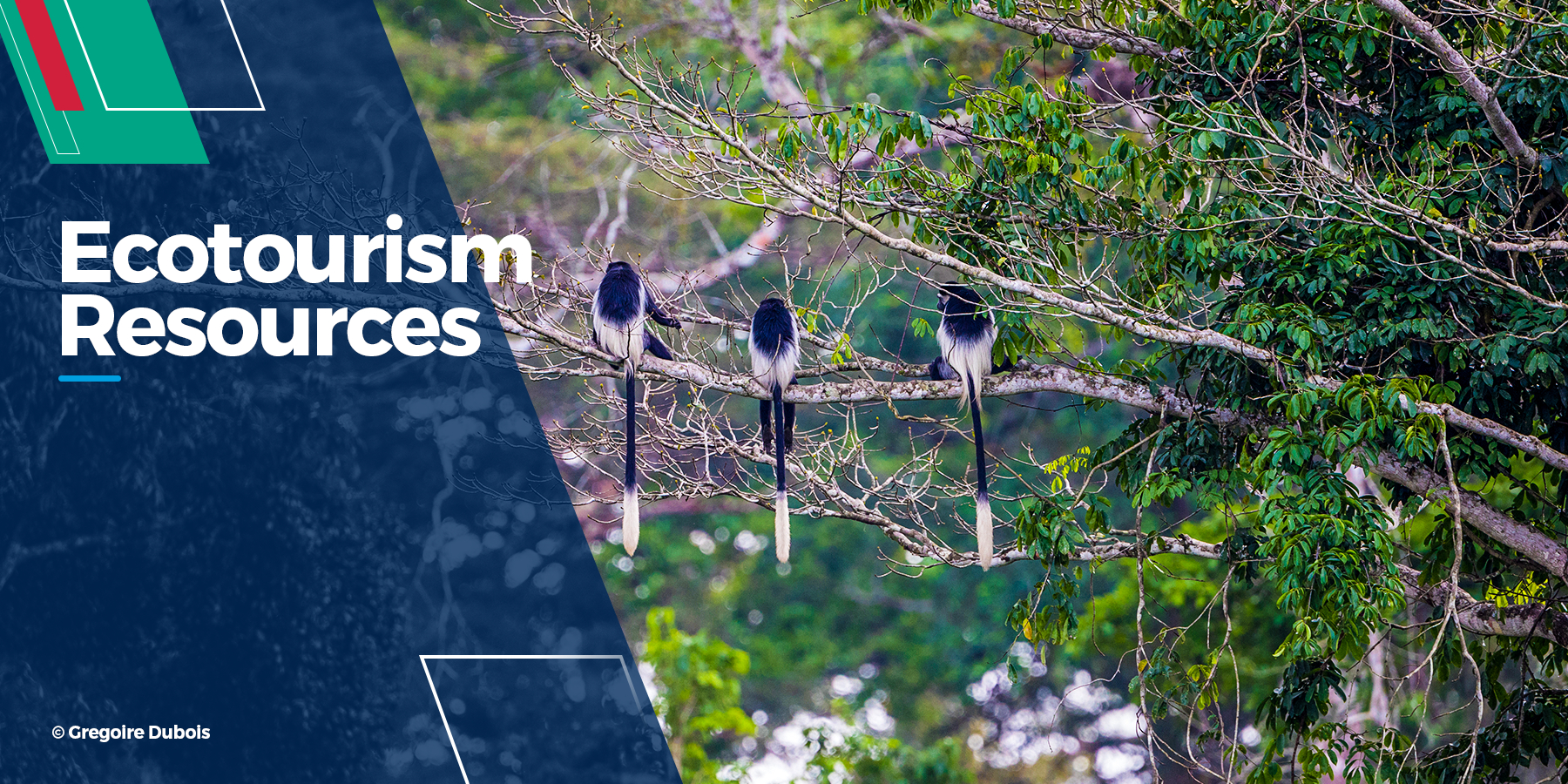
Ecotourism
This section includes references on non-consumptive tourism related to nature/wildlife.
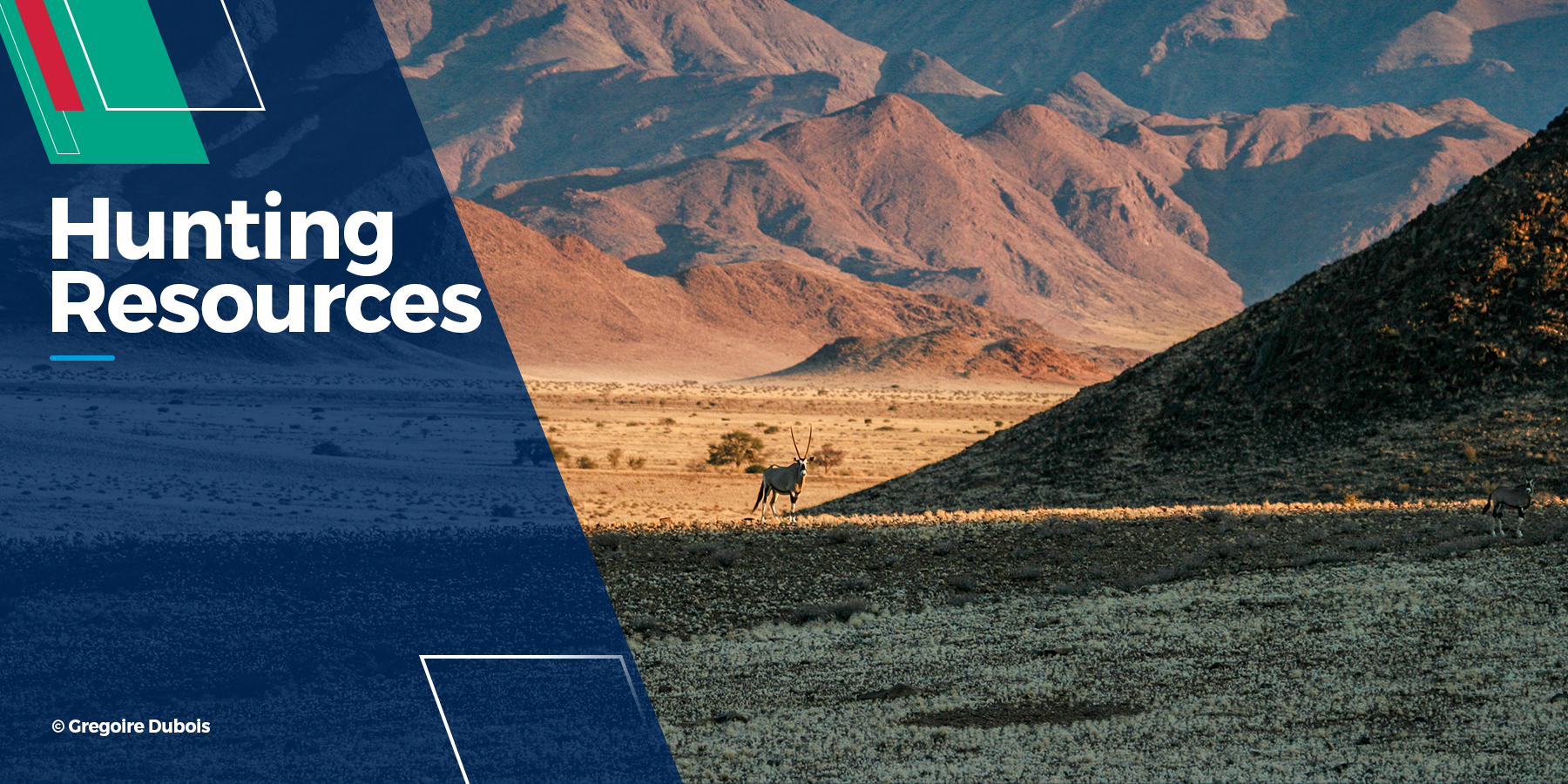
Hunting & fishing
This section includes references on trophy hunting, game meat hunting, as well as some aspects of fishing, such as artisanal, recreational or small-scale fishing.
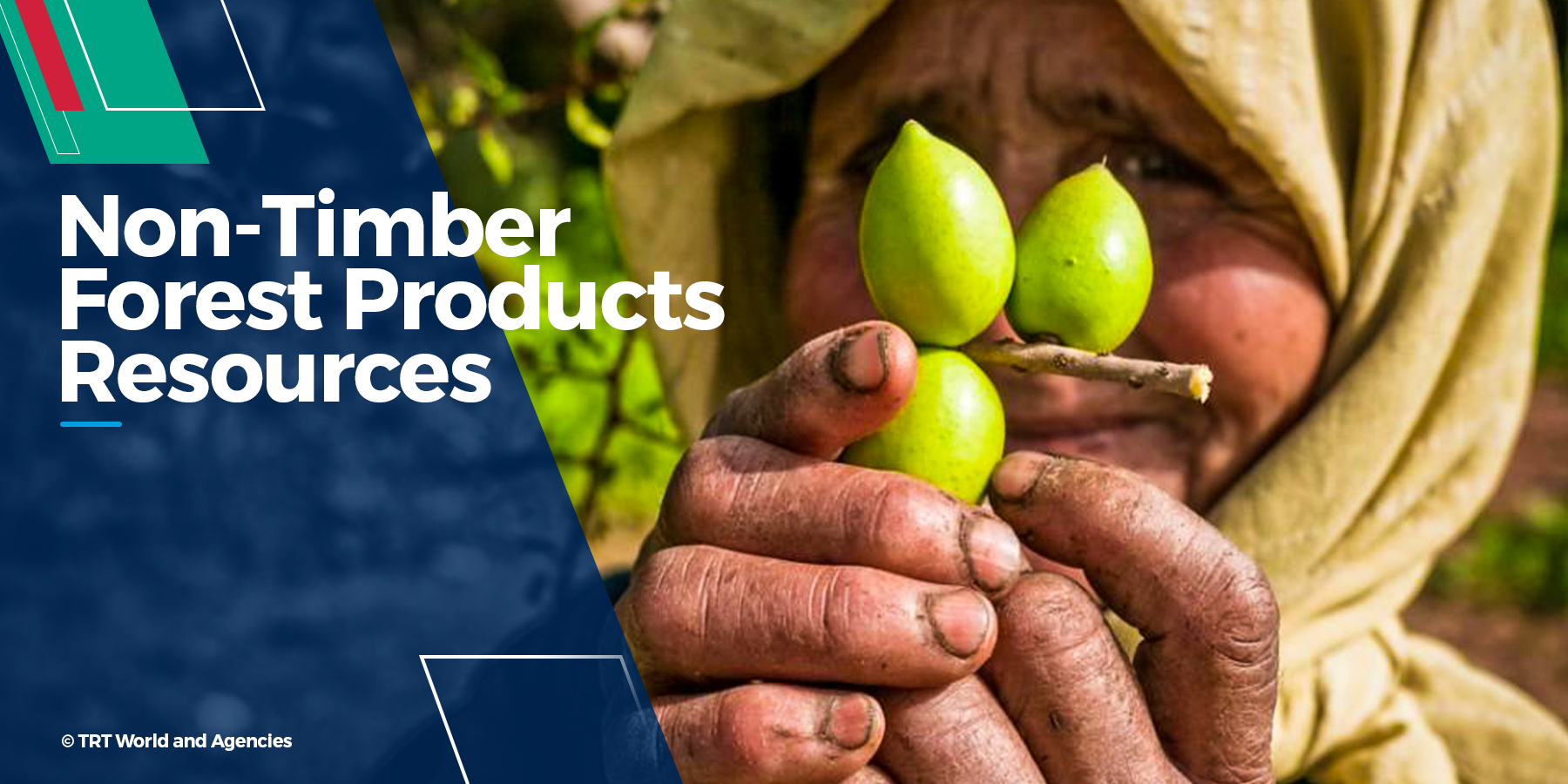
Forest products
This section includes references on non-timber forest products used commercially and for subsistence purposes.
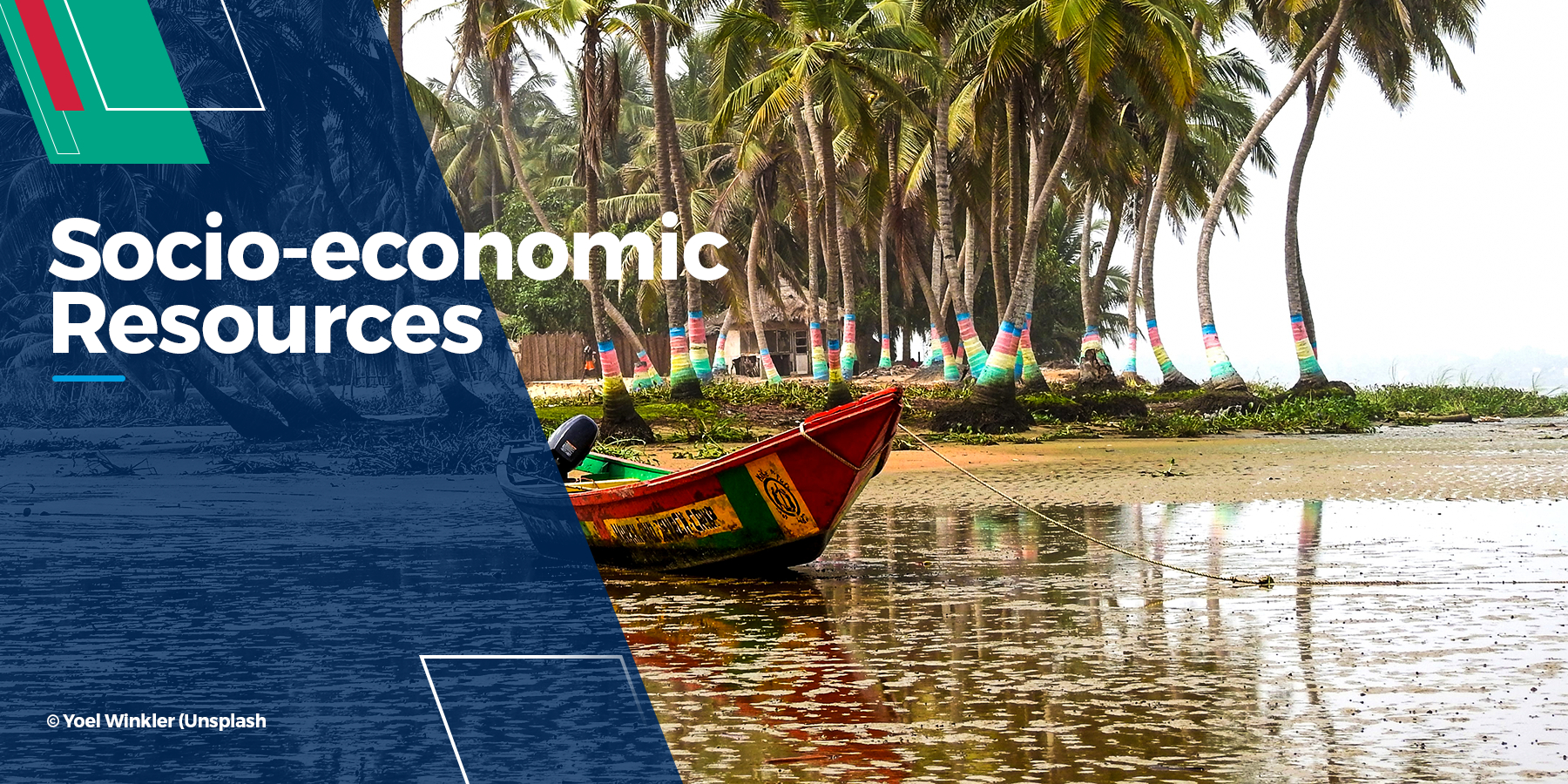
Socio-economic
This section includes references related to the social and economic conditions in Africa, as well as to how this relates to the wildlife economy, ease of doing business, governance, etc.
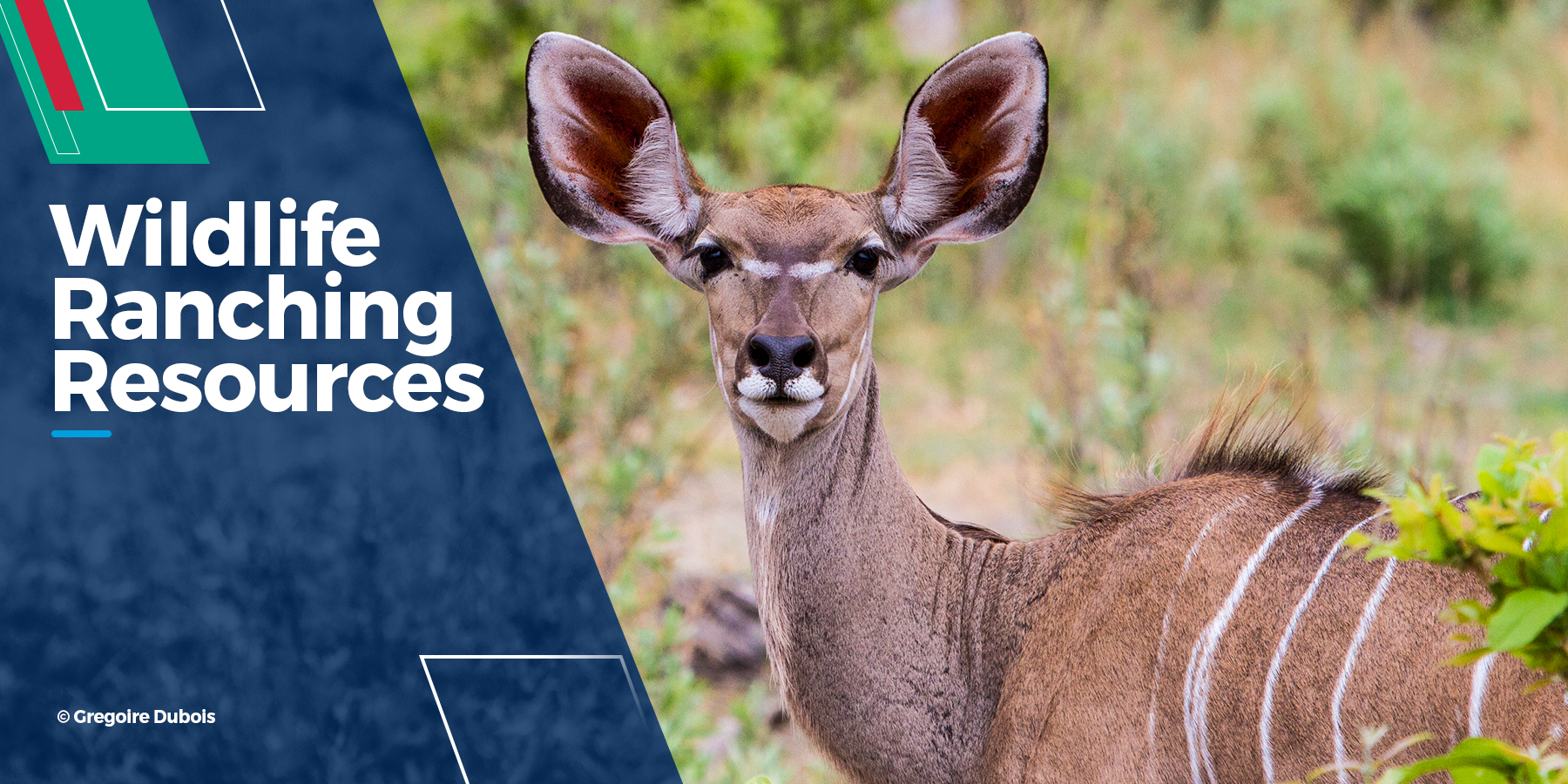
Wildlife ranching
This section includes references on the breeding of wild/ indigenous animals for hunting, game meat, wildlife products, tourism, and other uses.
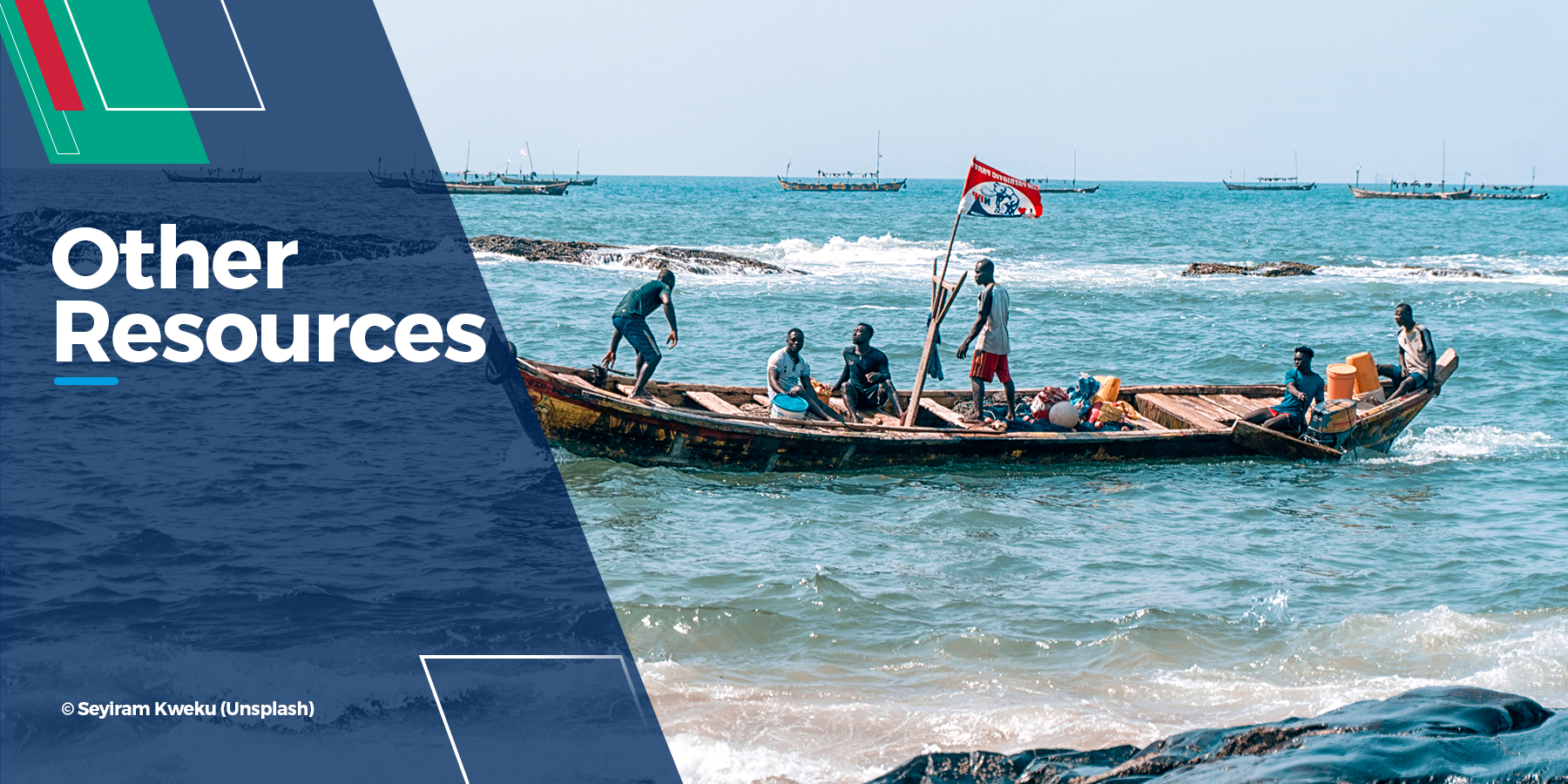
Other related resources
This section includes all other references which don’t directly fit into the other categories and/or cover multiple of the other themes. This list also includes important background and supporting information related to the wildlife economy.
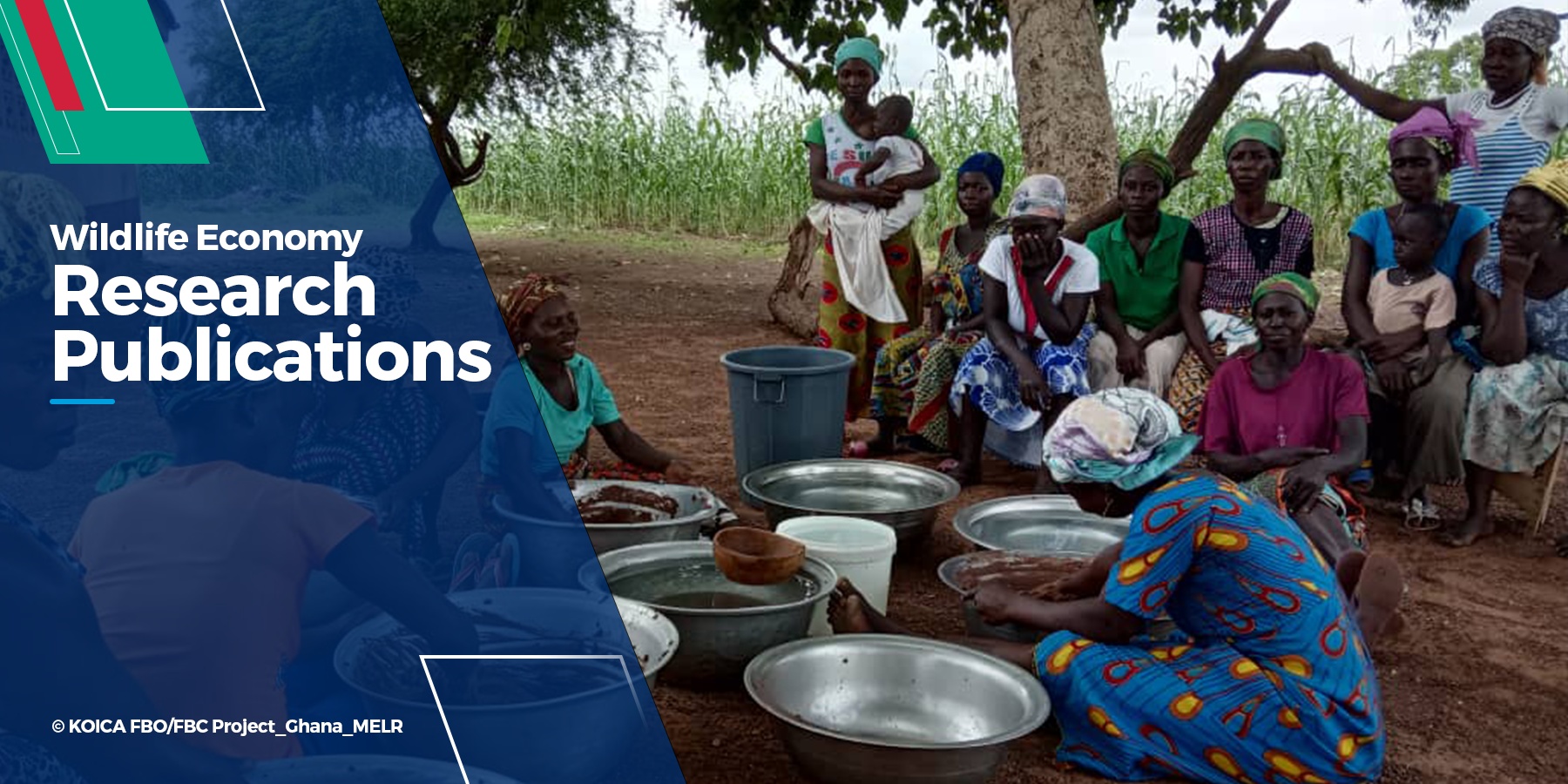
Wildlife economy publications
This section includes the School of Wildlife Conservation wildlife economy case studies and other publications.
Living natural resources contribute to local, national, regional, and global economies, through tourism, forestry, hunting and fisheries, ecosystem services, and other wildlife economy activities. They also contribute to human health and wellbeing through the provision of clean air, potable water, and natural food. With growing human populations, developing economies, and the increasing demand for natural resources, it is ever more important to understand the significant contributions being made by wild resources and the importance of investing in these resources.
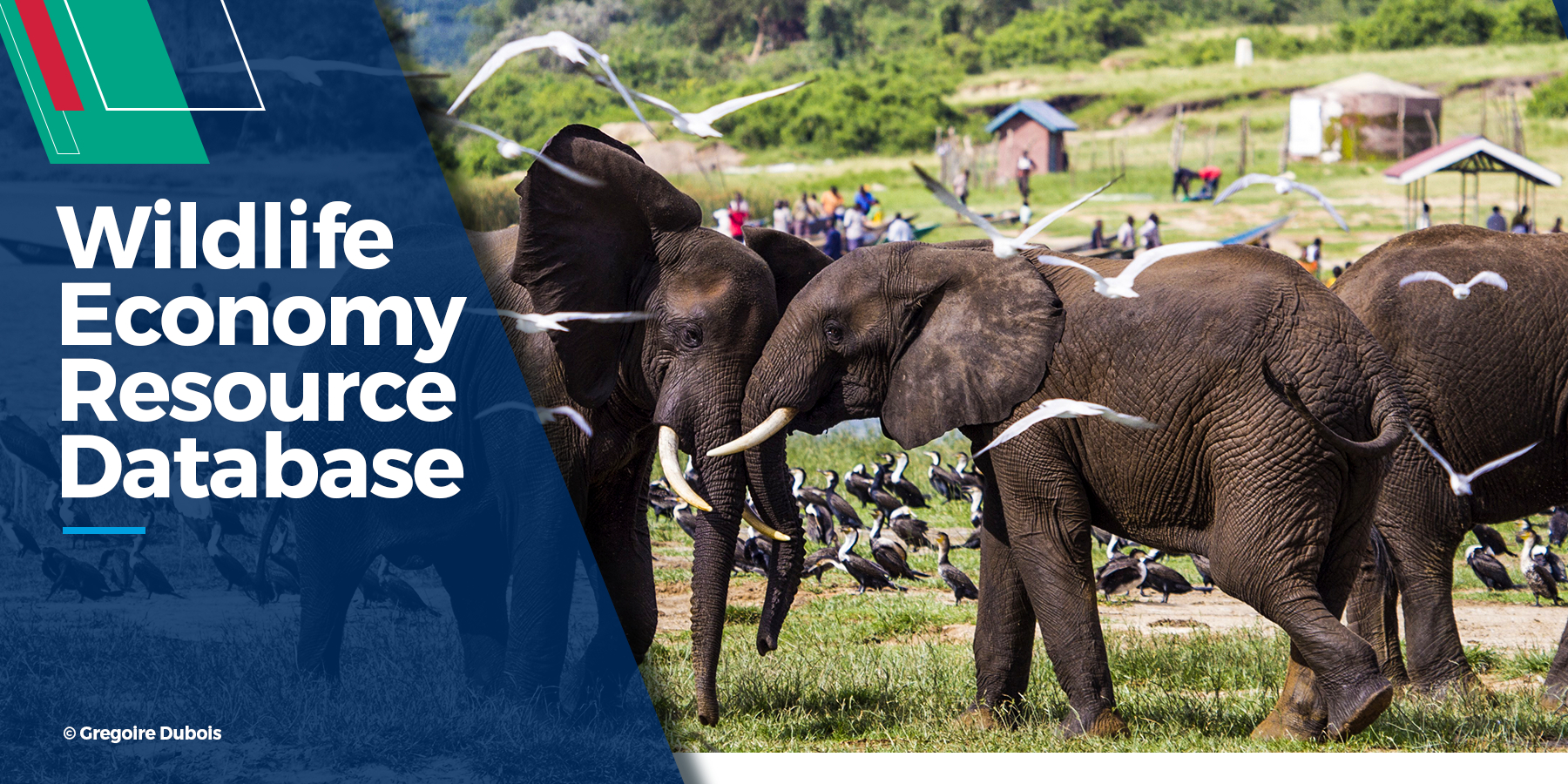
The Wildlife Economy uses indigenous wildlife, both plants and animals (marine and terrestrial), as an economic asset to create value that aligns with conservation objectives and delivers sustainable growth and economic development.
While conducting the research for the State of the Wildlife Economy in Africa report the School of Wildlife Conservation (SOWC) collected and analysed data from numerous different sources and covering many different wildlife economy topics. This database includes a list of these references to allow for easy searching and locating relevant references for those interested in the wildlife economy in Africa. The database will be updated regularly and we encourage you to also share your own and other resources which we can add to keep the database up-to-date.
This section includes references based on each country. Click on a country in the map below to view resources and publications related to the country if any.

